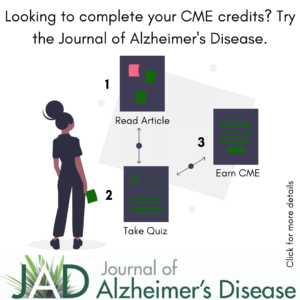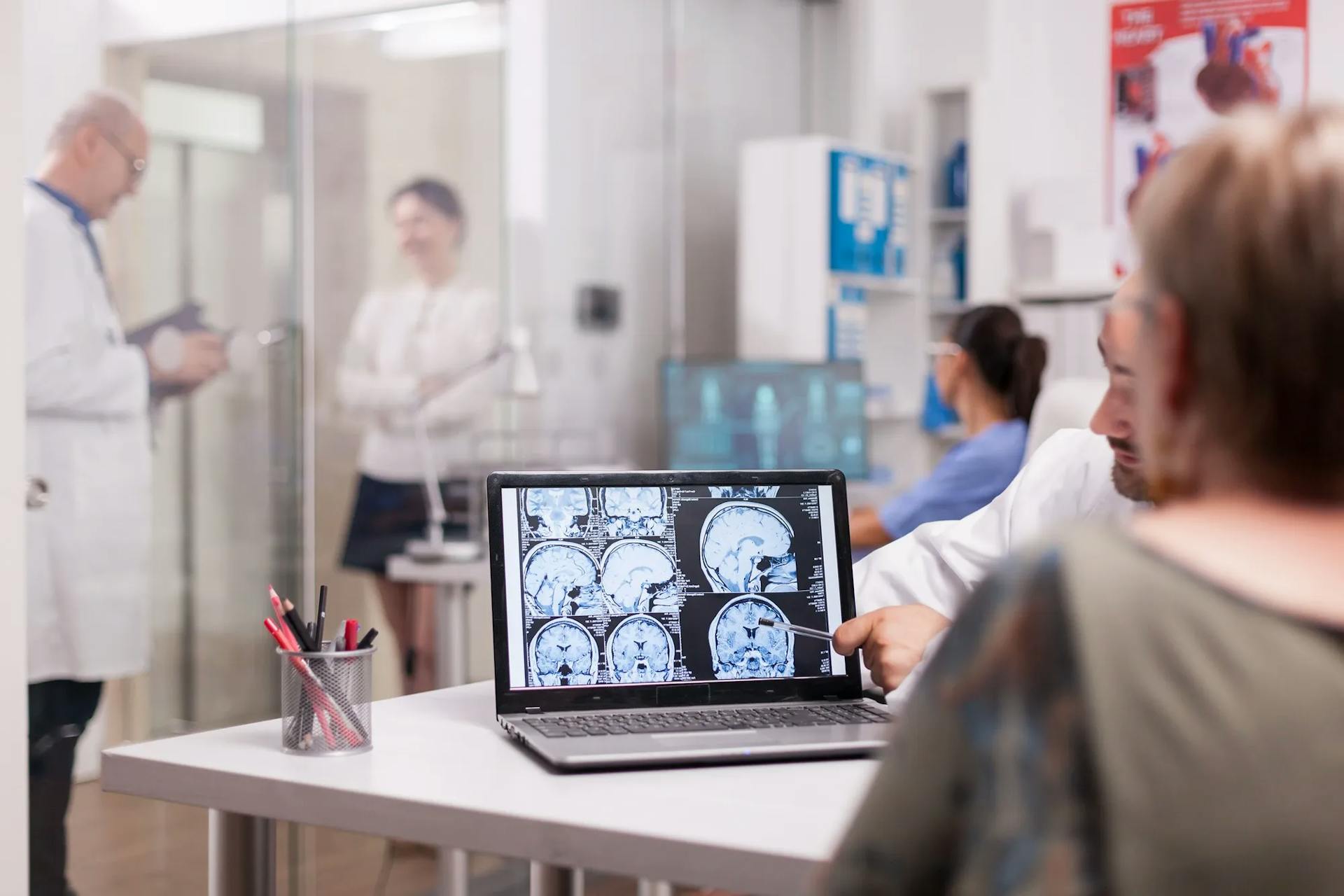With over 50 million adults living with Alzheimer’s and other forms of dementia worldwide, it has become critical for all medical professionals to be equipped with the necessary tools to properly diagnose and treat individuals affected by these cognitive diseases. An alarming disconnect between the limited number of neurologists, psychiatrists and geriatricians, and the rising population of older adults with potential degenerative brain diseases has made the role of a primary care physician essential on the pathway to diagnosing these diseases.
According to the Alzheimer’s Association, 55 percent of adults 45 years and older who reported subjective cognitive decline in the previous 12 months had not discussed this issue with their healthcare provider. However, it’s not just the patients who are not disclosing this information — research also shows low rates of documentation for mild cognitive impairment by physicians and less than half of those with Alzheimer’s and other dementias have these diagnoses documented in their medical records. Without accurate reporting and recording, the level of early detection for these diseases will remain low.
Although many physicians can identify the obvious signs of a complex disease such as Alzheimer’s once it has progressed to a noticeable level, there needs to be a more targeted approach to facilitating advanced training for all health professionals who might work with this aging population. If more providers are equipped with the tools to recognize early signs of Alzheimer’s, treatment plans could be implemented at a much earlier rate, before irreversible brain damage or mental decline has even occurred. This could dramatically prolong the number of healthy, liveable years a person can have once diagnosed with the disease.
Beyond benefitting the patient, healthcare providers also benefit from early detection. According to the Alzheimer’s Association, a diagnosis can help physicians better manage a patient’s comorbid conditions and avoid prescribing medications that may worsen cognition or function. Additionally, ISO Press research shows that a timely diagnosis could help in the implementation of coordinated care plans, better management of symptoms, cost savings and postponement of institutionalization.
So, how can providers take steps to improve early detection? One of the most effective ways is through taking Alzheimer- and dementia-focused continuing education courses. These range from reading the latest research articles, like the ones found on the Journal for Alzheimer’s Disease, to enrolling in webinars or attending conferences. These CME options essentially provide a range of healthcare providers with the latest breakthroughs in research, and any progress in early detection processes. The continued education will help build on the basic knowledge every healthcare provider currently has about the disease, while also introducing vital new information that could later aid in diagnosing their own patients. 
With the evolution of Alzheimer’s research progressing toward finding effective ways to detect cognitive declines earlier, it’s essential for physicians to stay up-to-date on the latest findings in order to create better treatment plans for patients. Without physicians taking active steps to further their knowledge on this disease, the latest research will never be applied in a clinical setting.

